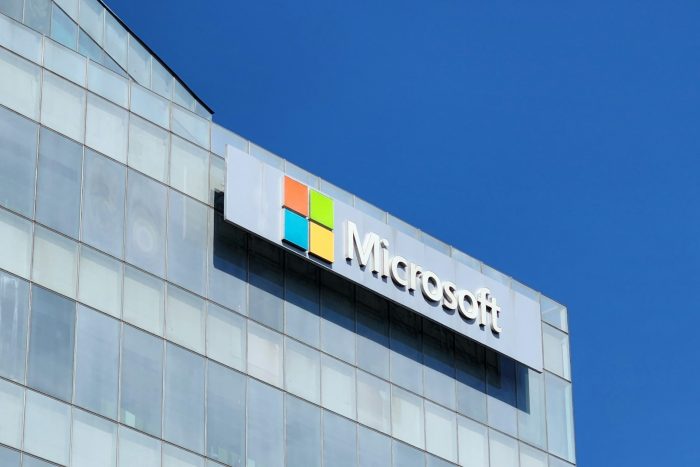Employees reportedly concerned about Microsoft's fixation with OpenAI
Products like Azure AI Bot Service are not available anymore
2 min. read
Published on
Read our disclosure page to find out how can you help Windows Report sustain the editorial team Read more

Microsoft and OpenAI’s partnership is well known to the world. When Sam Altman was fired as the CEO of OpenAI, Satya Nadella played a major role in helping Altman return to the position.
As it turns out, many inside the company reportedly believe that Microsoft’s strategy is more centred toward OpenAI than the in-house products and services. This has come to light in an exclusive story by Business Insider.
Several present and former employees at Microsoft who worked on the AI team led by Eric Boyd have expressed concerns about this shift in strategy.
A former employee highlighted how Azure AI Bot Service isn’t available as a standalone service anymore. He claims that most such services, though available, have either been renamed or bundled with other products.
The former Azure AI is basically just tech support for OpenAI. Eric Boyd is effectively maintaining the OpenAI service. It’s less of an innovation engine than it once was. Now it’s more IT for OpenAI. The beating heart of innovation is elsewhere. It’s not very innovative, but it’s a good business strategy.
It’s also claimed that Microsoft and OpenAI employees, at times, work on the same project and have access to each other’s office space.
Microsoft continues to push leading native products
Microsoft’s AI push has picked up pace in recent months, and most of its new features are, in some way, backed by artificial intelligence. The Redmond-based tech giant’s native AI chatbot, Copilot, has now been built into more programs than ever. Copilot in Word and Copilot in Outlook, to name a few.
With AI-based cyberattacks becoming a bigger threat than ever, Microsoft even released an AI-powered Copilot for Security, giving analysts the much-needed upper hand to thwart attacks and identify existing vulnerabilities.
Based on these trends, we can say that Microsoft is still pushing its native tools, but this may be limited to a few, primarily to ones where Microsoft is a leading brand name, such as Copilot. For the rest, it might be employing the services of OpenAI when financially viable.
If you have more information on the story, share it with our readers in the comments section.








